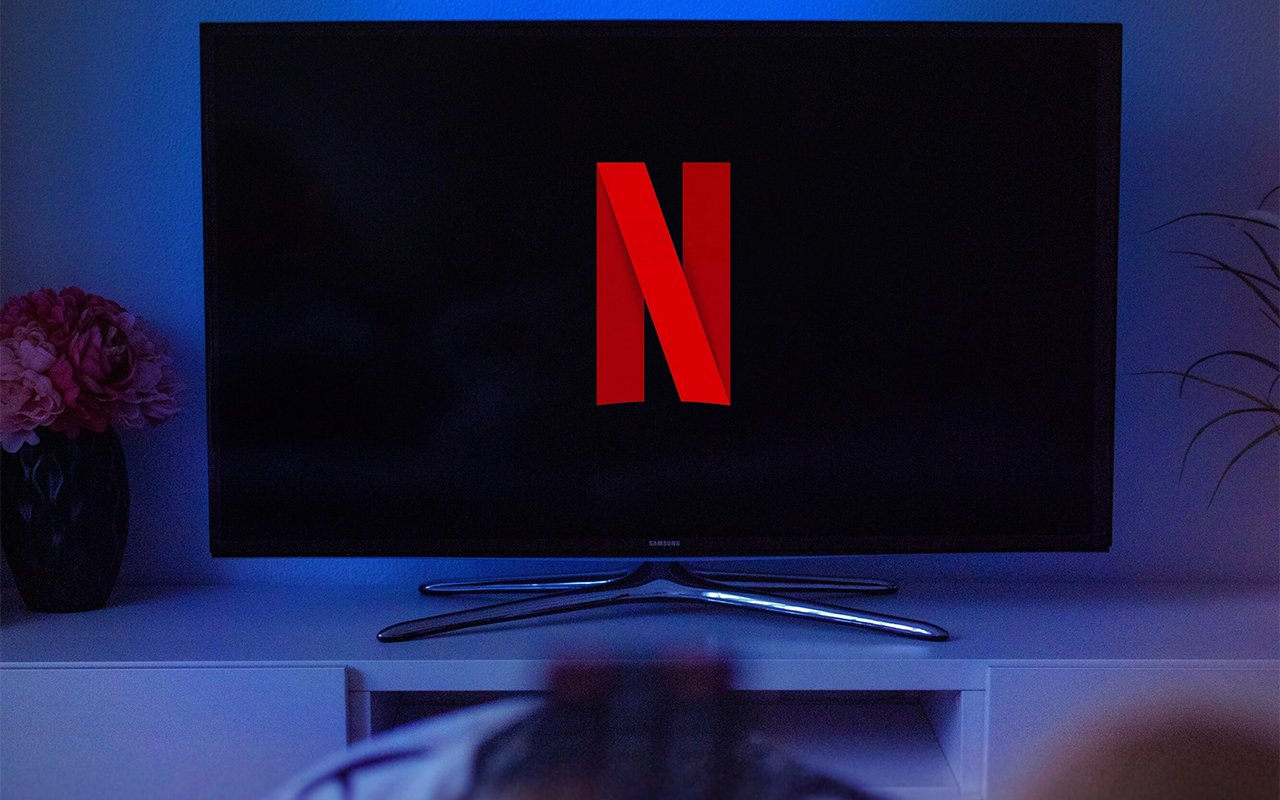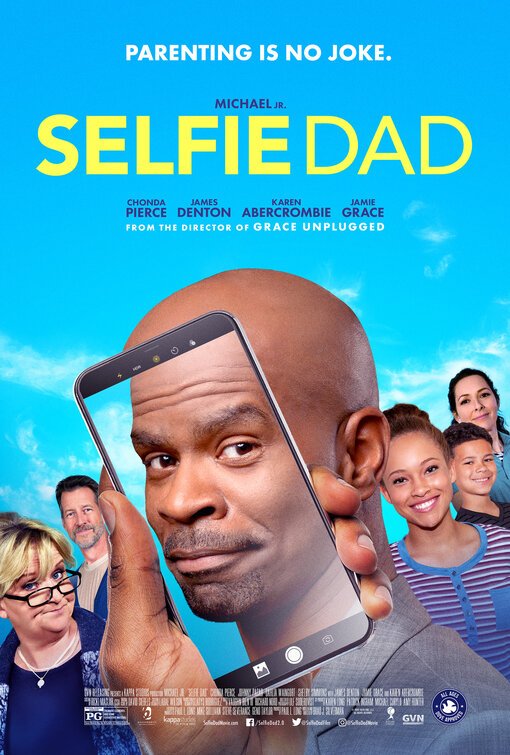
Netflix Announces Official Launch of Cheaper, Ad-Supported Plan
By Movieguide® Contributor
Netflix has just announced the launch of its ad-supported plan, which will be available for $7 a month.
The lower-priced package will launch on Nov. 3 in the U.S. and 11 other countries, including Japan and Brazil.
Users will have 4-5 minutes of ads per hour of content they watch. Additionally, there is some content that won’t be available because Netflix does not have the rights to show the programs with commercials.
For comparison, Netflix’s Basic package is $10 a month, while Standard plans go for $15.50 and Premium plans are $20. The higher-priced plans give viewers the ability to watch Netflix on more screens and the option to watch content to Ultra HD.
While Netflix has built its company off of the fact that users don’t have to watch commercials, this new move is a bid to boost revenue as the platform flounders.
Movieguide® previously reported on Netflix’s lower subscriber numbers:
Netflix plans to launch an ad-supported subscription option with Microsoft in early 2023 so the company can reach a broader customer base.
“We’ve left a big customer segment off the table, which is people who say: ‘Hey, Netflix is too expensive for me and I don’t mind advertising,’” Netflix Co-CEO and Chief Content Officer Ted Sarandos said during a panel at the Cannes Lions Festival.
This announcement comes after major subscriber losses over the last two quarters. In the second quarter, Netflix lost nearly 1 million subscribers.
While this was only half the expected loss, CEO Reed Hastings explains that “our excitement is tempered by the less bad results.”
Sarandos explains, “We adding an ad tier; we’re not adding ads to Netflix as you know it today. We’re adding an ad tier for folks who say, ‘Hey, I want a lower price and I’ll watch ads.’”
People reports that “as Netflix increases subscription prices, the platform sees an opportunity for lower subscription fees, if a patron is willing to watch ads.”
However, some content will not be eligible for additional advertising.
“Today, the vast majority of what people watch on Netflix, we can include in the ad-supported tier,” Sarandos said.
“There’s some things that don’t and we’re in conversations with the studios on, but if we launched the product today, members in the ad-tier would have a great experience,” he continued. “We will clear some additional content but certainly not all of it but don’t think it’s a material holdback for the business.”
Because Netflix-created content does not go through a third party, their shows will be available on the new ad tier, including series like STRANGER THINGS, which Hasting credits for the smaller-than-expected subscriber drop.
Despite the losses, the company remains hopeful. “We’ve been through hard times before,” the company said in its shareholder letter. “We’ve built this company to be flexible and adaptable, and this will be a great test for us and our high-performance culture.”
Questions or comments? Please write to us here.


 - Content:
- Content: 
 – Content:
– Content: 
